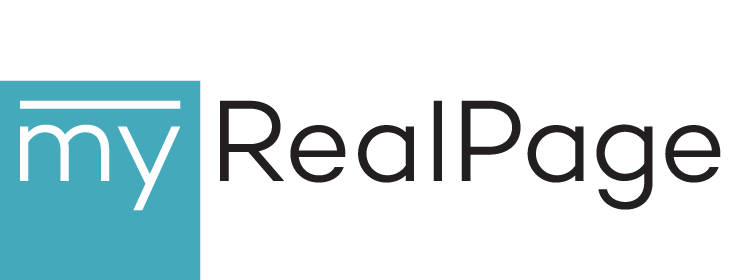DDF vs IDX: What Should Canadian Real Estate Agents Use to Display Real Estate Listings Online (and Why)

The ability to display real estate listings online — directly on their websites — has been a game-changer for real estate agents.
Instead of sending potential clients to REALTOR.ca to discover listings, agents can encourage their audience to search and explore from their own IDX or DDF enabled real estate agent websites — giving them a much better shot at turning their audience into leads.
For Canadian real estate agents, there are a couple different ways to take advantage of listing data: DDF and IDX data feeds.
While both DDF and IDX can be used to achieve similar results, there are a couple key differences between the two.
To get the most out of displaying real estate listings online, Canadian agents need to understand these differences and pick the data feed that makes the most sense for their business.
In this post, we’re going to break down DDF, IDX and which one makes the most sense for real estate agents.
What Are DDF and IDX?
Both DDF and IDX are data feeds.
They are names for the unique technologies that allow your website and real estate boards to communicate with one another in order to keep listings displayed on your real estate website up-to-date.
What Exactly Is DDF?
DDF stands for Data Distribution Facility.
It gives brokers and agents the ability to share their listings with third-party websites (such as real estate advertising sites and partner websites) as well as to a national pool featuring listings from other real estate agents and brokers (from various real estate boards).
Any listing that’s a part of the DDF pool can be displayed on a participating real estate agent’s website. When a listing has been updated or removed from the MLS® system, the DDF will apply the changes so that the listing is refreshed in all destinations.
Things to consider about DDF:
- Not every listing in your area (or from your real estate board) will be displayed. You will only see listings from brokers that have opted in. The participation rate is typically pretty high, but still, this is something to consider.
- As previously mentioned, the DDF pool is national; to make it most effective for your real estate website, you’ll only want to limit it to show only listings in your area.
What Exactly Is IDX?
IDX stands for Internet Data Exchange.
It’s a policy (sometimes called “reciprocity” or a “reciprocity agreement”) that allows brokerages to opt in to an agreement that gives their agents the ability to display one another’s listings on their real estate websites.
IDX is also used to refer to the tool that makes this possible — essentially a data connection between a real estate agent’s website and the MLS of the real estate board they belong to.
Displayed on a real estate agent’s website, an IDX widget allows visitors to search for listings and access the very same details available on the MLS® — photos, property specs, and so on. Listings are updated multiple times per day to ensure they match the latest MLS data.
Things to consider about IDX:
- Real estate agents can only display listings from other brokerages that have opted in and that belong to the same real estate board. This keeps things local which is a good thing for most agents, though there may be exceptions for some agents with a different business model.
- If your brokerage (or your real estate board) hasn’t opted in, then an IDX isn’t an option for your real estate website.
Should Canadian Real Estate Agents Use DDF or IDX?
For many Canadian real estate agents, the answer to this question comes down to access. What has your real estate board and your brokerage opted into?
If your board is participating in IDX reciprocity, then you don’t need DDF. You have the permissions you need to set up IDX on your real estate website and you can hit the ground running, displaying only listings in your area (the most relevant to your audience).
If you belong to a real estate board that isn’t participating in an IDX reciprocity agreement, then DDF is for you.
How Canadian Real Estate Agents Can Get DDF or IDX on Their Real Estate Websites
To get live listings and search capabilities up and running on your real estate website easily and quickly, you need a website that will do the work for you.
myRealPage websites make it easy for real estate agents to get IDX and DDF feeds live on their websites — and to use them to capture more leads.
Curious about all the ways myRealPage websites for real estate agents make it easy to attract leads and grow your business? Try myRealPage for free.


